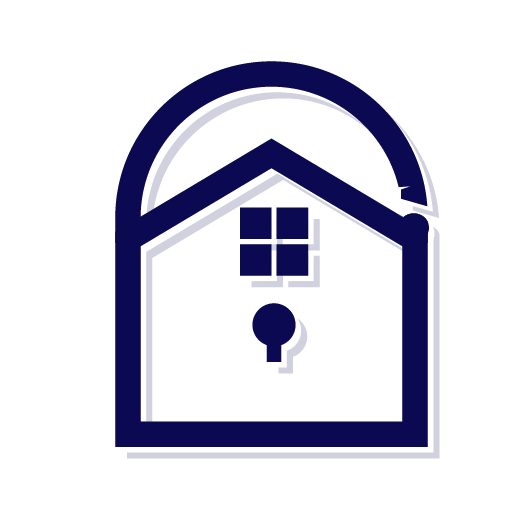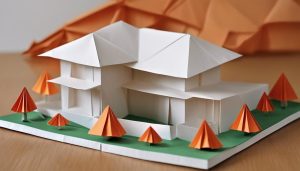When it comes to grilling outdoors, the sizzle of food on the barbecue might be music to your ears, but have you considered the potential risks that come with it? Imagine the warm sun shining down, friends and family gathered around, and the smell of delicious food filling the air. However, there's a crucial aspect that shouldn't be overlooked – ensuring the safety of everyone and everything involved in your outdoor cooking session.
Grill Placement
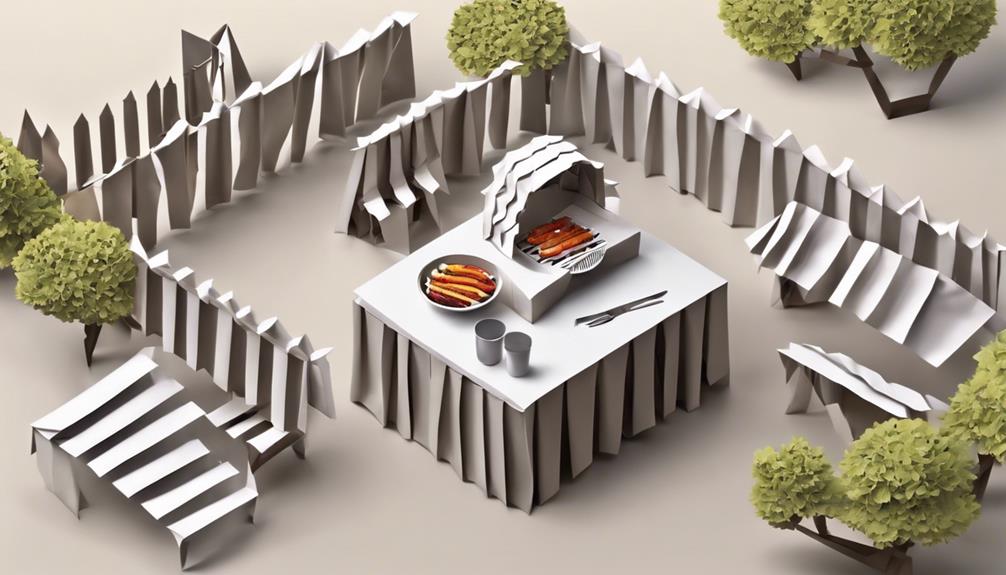
When positioning your grill for outdoor cooking, ensure it is placed on a flat, stable surface away from any overhanging structures or potential fire hazards. Proper grill positioning is crucial to prevent accidents and ensure a safe grilling experience. Before firing up the grill, take a moment to assess the outdoor seating arrangements. Make sure that the grill is placed at a safe distance from where people will be sitting or standing to avoid any mishaps.
Additionally, consider the direction of the wind when deciding where to place your grill. Position it in a way that the wind does not blow smoke or sparks towards flammable materials or guests. It's also important to keep the grill away from low-hanging branches, fences, or any other structures that could catch fire easily. By being mindful of these factors, you can create a safe and enjoyable environment for grilling outdoors. Remember, a little caution during grill placement goes a long way in preventing accidents and ensuring a worry-free BBQ experience.
Proper Ventilation
When it comes to outdoor grilling and BBQs, proper ventilation is crucial for your safety. Ensure that there is enough airflow to prevent the buildup of dangerous gases. Follow specific ventilation tips to keep your grilling area safe and enjoyable.
Ventilation Importance
Proper ventilation is crucial for outdoor grilling and BBQs to ensure the safe dispersion of smoke and gases. Adequate air circulation is essential to prevent the buildup of harmful fumes that can pose a fire hazard or health risk. When cooking outdoors, especially in enclosed spaces like patios or gazebos, proper ventilation becomes even more critical. Without sufficient airflow, smoke and carbon monoxide can accumulate, creating a dangerous environment for you and your guests. Ensure that there is enough space around your grill or BBQ area to allow for proper ventilation. Additionally, consider using a hood or fan to help direct smoke away from the cooking area. Prioritizing ventilation is key to a safe and enjoyable outdoor cooking experience.
Ventilation Safety Measures
To ensure the safety of your outdoor grilling and BBQ activities, prioritize implementing proper ventilation safety measures. Proper ventilation is crucial for outdoor cooking to prevent the build-up of dangerous gases and maintain a safe cooking environment. Here are some key safety precautions to consider:
- Ensure adequate air circulation: Position your grill in an open area with good airflow to prevent the accumulation of smoke and gas.
- Regularly clean vents and filters: Keep your grill's ventilation system clean and free from grease buildup to maintain optimal airflow.
- Avoid grilling in enclosed spaces: Never use your grill indoors or in partially enclosed areas to prevent the risk of carbon monoxide poisoning.
Ventilation Tips for BBQ
For optimal safety during your BBQ, ensuring proper ventilation is essential for maintaining a safe cooking environment and preventing the accumulation of dangerous gases. Make sure to position your grill in an open area, away from any obstructions that could hinder airflow. It's vital to have functioning smoke alarms near your grilling area to alert you to any potential fire hazards. Additionally, using outdoor fans can help circulate the air, reducing smoke buildup. Remember to check that your exhaust hood is clean and unblocked to effectively remove smoke and odors. By following these ventilation tips, you'll create a safer and more enjoyable BBQ experience for you and your guests. Stay vigilant and prioritize ventilation for a worry-free grilling session.
Check for Gas Leaks
Ensure you thoroughly inspect all gas connections for leaks before igniting your grill. Gas leak prevention is crucial for the safety of all involved. Here are some safety precautions to follow:
- Inspect Gas Lines: Before each use, check the gas lines for any signs of wear or damage. Look for cracks, frays, or corrosion that could indicate a potential leak.
- Use a Soapy Water Solution: Mix water with a small amount of dish soap and apply it to the gas connections. If you see bubbles forming, it indicates a leak. Address any leaks immediately.
- Regular Maintenance: Schedule routine maintenance checks for your grill to ensure all components are in good working order. This can help prevent gas leaks and other safety hazards.
Keep a Fire Extinguisher Handy
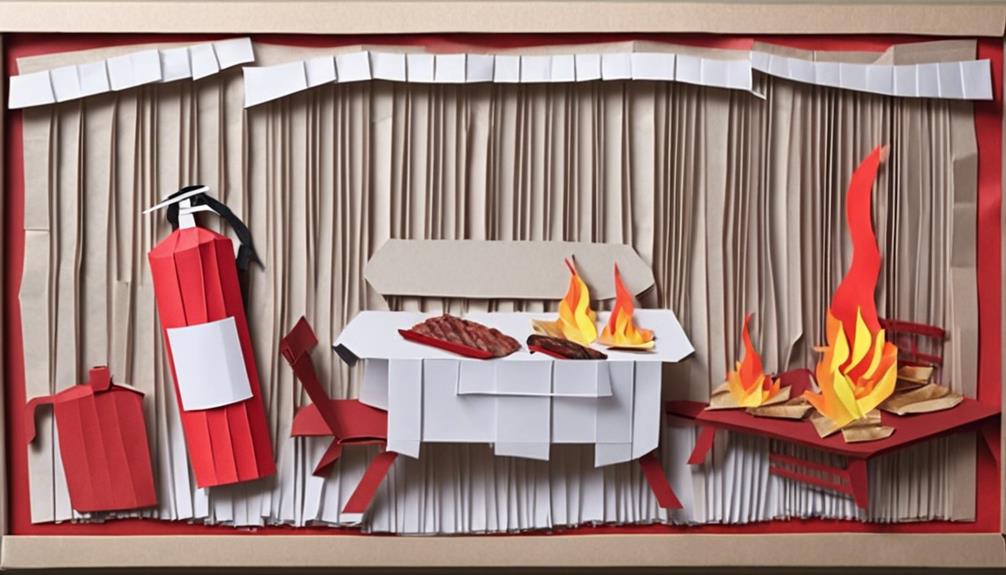
Make sure you have a fully charged fire extinguisher readily accessible whenever you're grilling outdoors. Emergency preparedness is crucial, and having a fire extinguisher on hand is a vital part of fire safety. When selecting a fire extinguisher for outdoor cooking areas, opt for one rated for Class A, B, and C fires to ensure you're prepared for various types of fires that can occur during grilling. It's essential to place the fire extinguisher in a visible and easily reachable location near your grilling area. Before using the fire extinguisher, familiarize yourself with its operation by reading the instructions carefully. Ensure that everyone in your household knows where the fire extinguisher is located and how to use it in case of an emergency. Remember to check the pressure gauge regularly to ensure it is fully charged and ready for immediate use. By taking these safety precautions and keeping a fire extinguisher handy, you can enjoy your outdoor grilling experience with peace of mind.
Monitor Children and Pets
When grilling outdoors, it is essential to stay vigilant and aware of the presence of children and pets to prevent accidents and ensure their safety. Supervise closely and maintain distance to create a safe grilling environment for everyone. Here are some tips to help you keep children and pets safe while enjoying your outdoor cooking:
- Establish a Safe Zone: Create a designated area away from the grill where children and pets can play safely under supervision.
- Set Clear Boundaries: Clearly communicate to children the dangers of getting too close to the grill and establish boundaries they should not cross.
- Assign a Guardian: Designate a responsible adult to specifically watch over the children and pets while the grill is in use.
Clean Grease Buildup Regularly

Regularly cleaning grease buildup on your outdoor grill is crucial for maintaining a safe and efficient cooking environment. Effective grease management is key to fire prevention when grilling. Grease buildup not only poses a fire hazard but can also affect the flavor of your food and the performance of your grill.
To manage grease effectively, establish a cleaning schedule that fits your grilling habits. After each use, scrape off any excess grease and food residue from the grates using a grill brush. For a more thorough clean, turn off the grill, disconnect the propane tank, and allow it to cool before removing the grates and heat deflectors to clean them with hot, soapy water.
When cleaning, take safety precautions by wearing protective gloves and using a degreaser to break down tough grease spots. Rinse all parts thoroughly and let them dry completely before reassembling your grill. By incorporating these cleaning practices into your routine, you'll not only enhance the safety of your outdoor cooking but also prolong the life of your grill.
Use Long-Handled Tools
Utilizing long-handled tools when grilling outdoors is essential for maintaining a safe distance from the heat source and minimizing the risk of burns or accidents. When choosing your grilling tools, opt for ones with extended handles to keep your hands away from the flames and hot surfaces. Here are some crucial points to consider:
- Heat Distribution: Long-handled tools allow for better control over your food while ensuring that you can reach all areas of the grill without getting too close to the heat source. This helps in even cooking and prevents flare-ups by providing a safe working distance.
- Tool Maintenance: Regularly inspect and clean your long-handled tools to ensure they are in good condition. Check for any signs of wear, such as loose handles or rust, and replace them if needed. Proper maintenance not only prolongs the life of your tools but also reduces the risk of accidents during grilling sessions.
- Comfort and Safety: Long handles offer a comfortable grip and make it easier to maneuver food on the grill without the need to lean in too close. Prioritize safety by investing in high-quality, long-handled tools designed for outdoor grilling to enjoy a secure and hassle-free cooking experience.
Practice Safe Food Handling
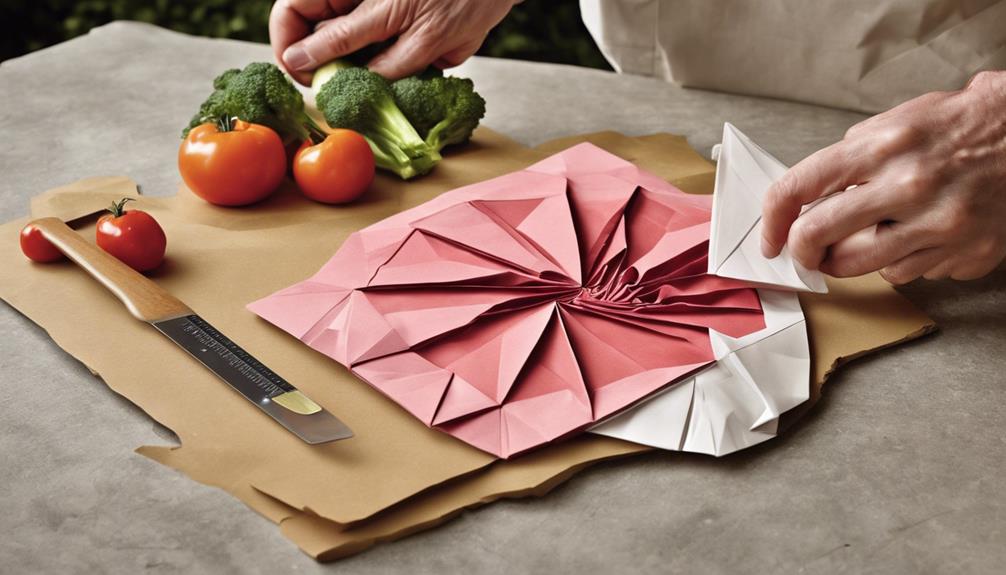
To ensure a safe and enjoyable outdoor grilling experience, it is imperative to prioritize practicing safe food handling techniques. Cross contamination prevention is key when handling raw meats. Always use separate cutting boards and utensils for raw meats and ready-to-eat foods to avoid the spread of harmful bacteria. Ensure safe cooking temperatures by using a food thermometer to check that meats reach the appropriate internal temperature. Store perishable items in a cooler with ice packs to prevent bacteria growth. Proper thawing techniques involve thawing meats in the refrigerator, cold water, or the microwave instead of leaving them out at room temperature. Remember, food safety is crucial for preventing foodborne illnesses.
Never Leave the Grill Unattended
Ensure you always stay present and attentive when operating the grill. Safe grilling practices dictate that leaving the grill unattended can lead to potential hazards and accidents. Here are some reasons why you should never leave the grill unattended:
- Prevent flare-ups: By watching carefully, you can quickly address any flare-ups that may occur while grilling. These flare-ups can cause sudden bursts of flames that may result in burnt food or even start a fire.
- Ensure even cooking: When you monitor the grill closely, you can ensure that your food is cooking evenly. Uneven cooking can lead to undercooked food or burnt spots, affecting the taste and quality of your meal.
- Immediate response to emergencies: Being present allows you to react promptly in case of any emergencies. Whether it's a small fire starting or a piece of food falling into the grill, your quick response can prevent accidents from escalating.
Frequently Asked Questions
Can I Use a Grill on a Balcony or in an Enclosed Space With Proper Ventilation?
You should never use a grill on a balcony or in an enclosed space, even with proper ventilation. Safety regulations strictly prohibit balcony grilling due to the high risk of fires spreading to neighboring units. Proper ventilation is not enough to mitigate this danger. Always follow the rules and guidelines to ensure your safety and the safety of those around you. Avoid balcony grilling to prevent potential disasters and keep yourself and others safe.
How Often Should I Check for Gas Leaks in My Grill?
You should regularly check for gas leaks in your grill to ensure safety. Gas leak prevention is crucial for outdoor grilling. Make sure to conduct safety checks on your grill frequently. Grill maintenance involves inspecting gas connections, hoses, and valves. Look for any signs of wear or damage. By staying vigilant and proactive in checking for gas leaks, you can enjoy your outdoor cooking with peace of mind.
Are There Any Specific Types of Fire Extinguishers That Are Recommended for Outdoor Grilling?
When grilling outdoors, it's crucial to have the right fire extinguisher for safety. Did you know that 62% of households don't have a fire extinguisher? For outdoor grilling, it's recommended to have a Class K fire extinguisher handy. These are specifically designed for kitchen fires, including grease fires that can occur during BBQs. Remember, safety first when it comes to fire extinguisher types and outdoor grilling precautions.
How Can I Prevent Grease Buildup in Hard-To-Reach Areas of My Grill?
To prevent grease buildup in hard-to-reach areas of your grill, consider using cleaning methods like regularly scraping the grates and drip pans, and deep cleaning with a grill brush and hot soapy water. Maintenance tips include inspecting and cleaning the burner tubes and ports. By keeping these areas clean, you reduce the risk of a grease fire and ensure your grill operates safely. Remember to follow safety precautions to prevent accidents.
Is It Safe to Grill in Windy Conditions?
When grilling in windy conditions, safety should be your top priority. Wind can increase the risk of flare-ups, spread embers, and even tip over your grill. To ensure safety, take grilling precautions like positioning your grill in a sheltered area, using a windbreak if possible, and never leaving the grill unattended. Be aware of outdoor hazards like dry vegetation that could easily catch fire in windy conditions.
